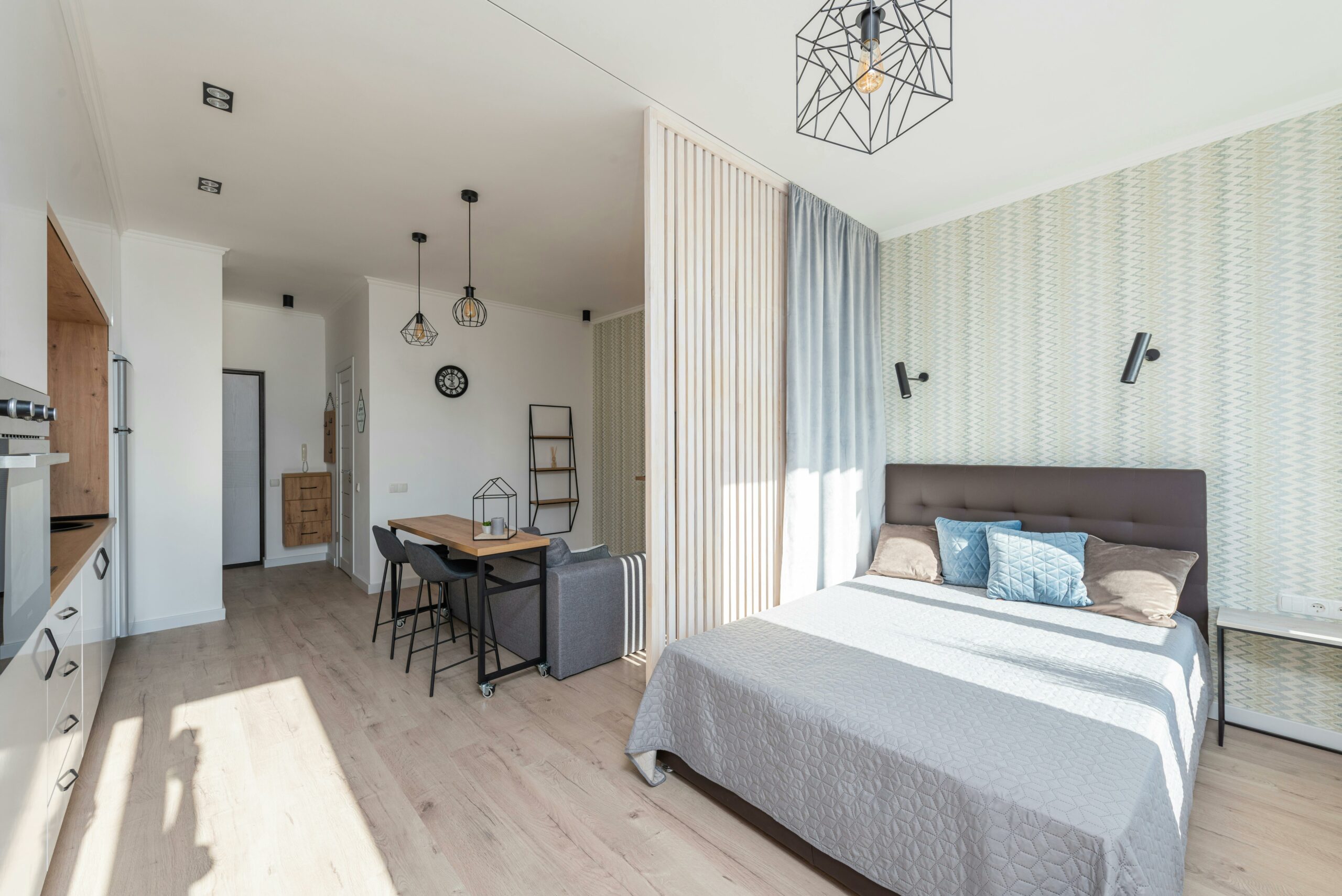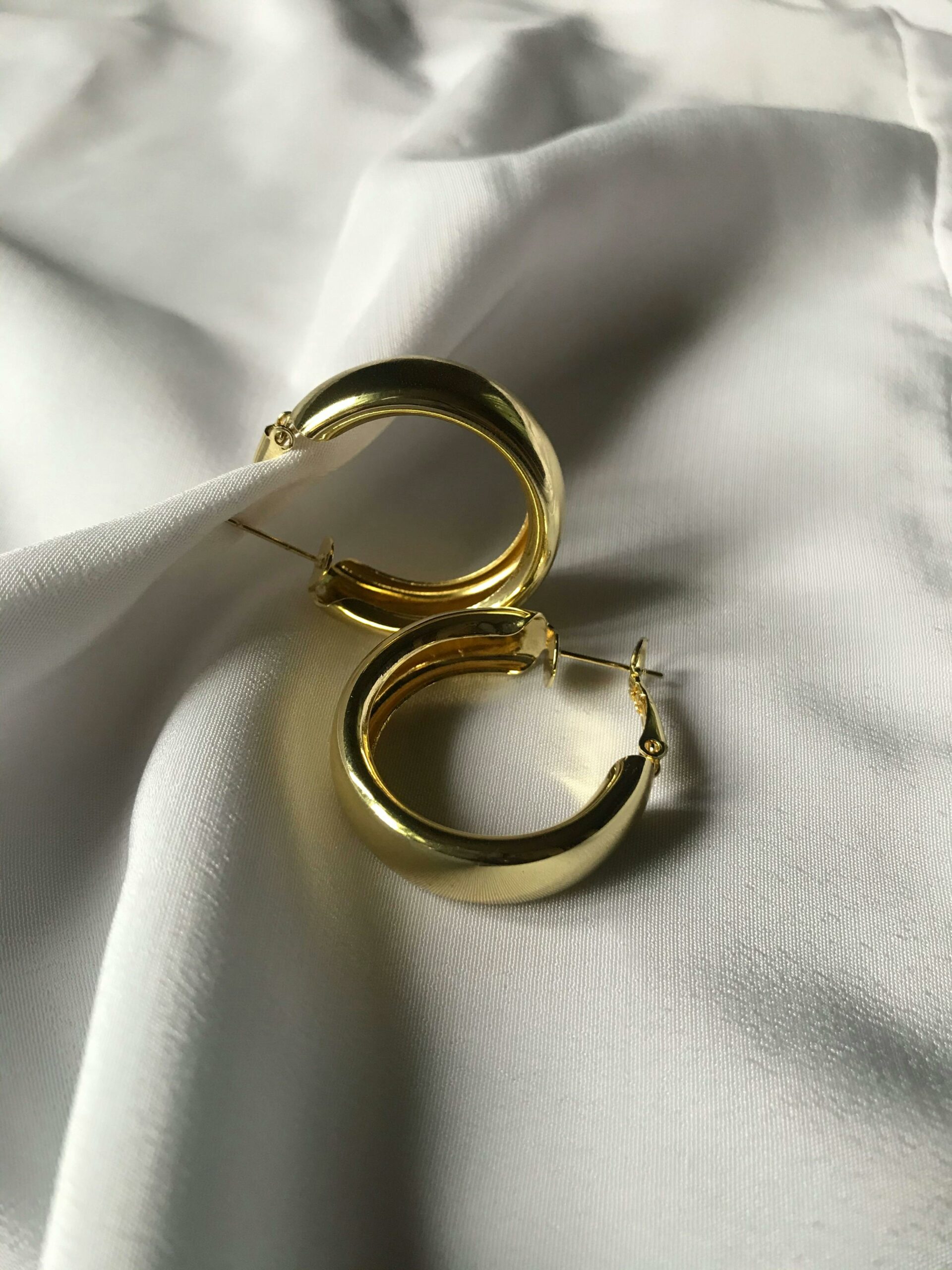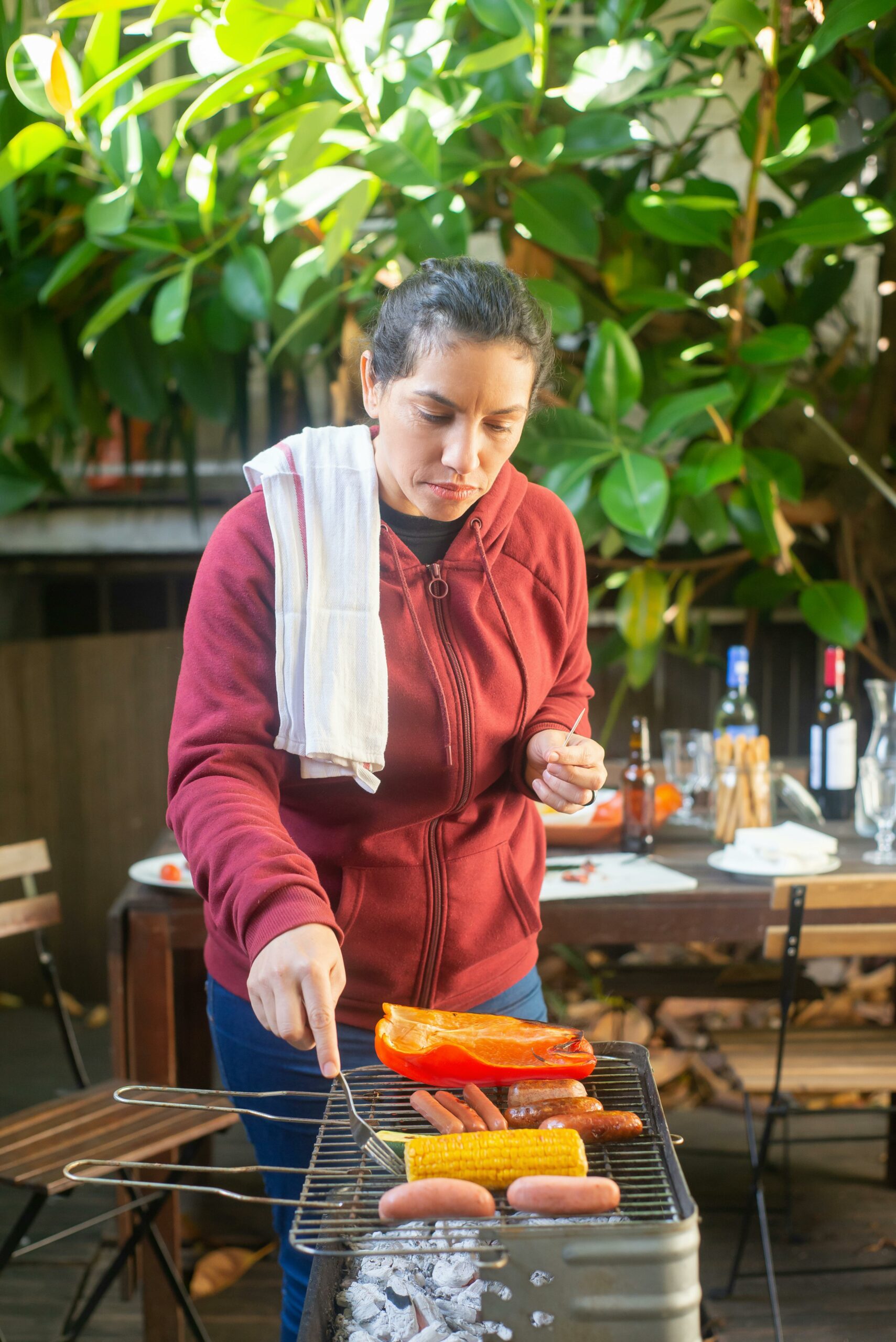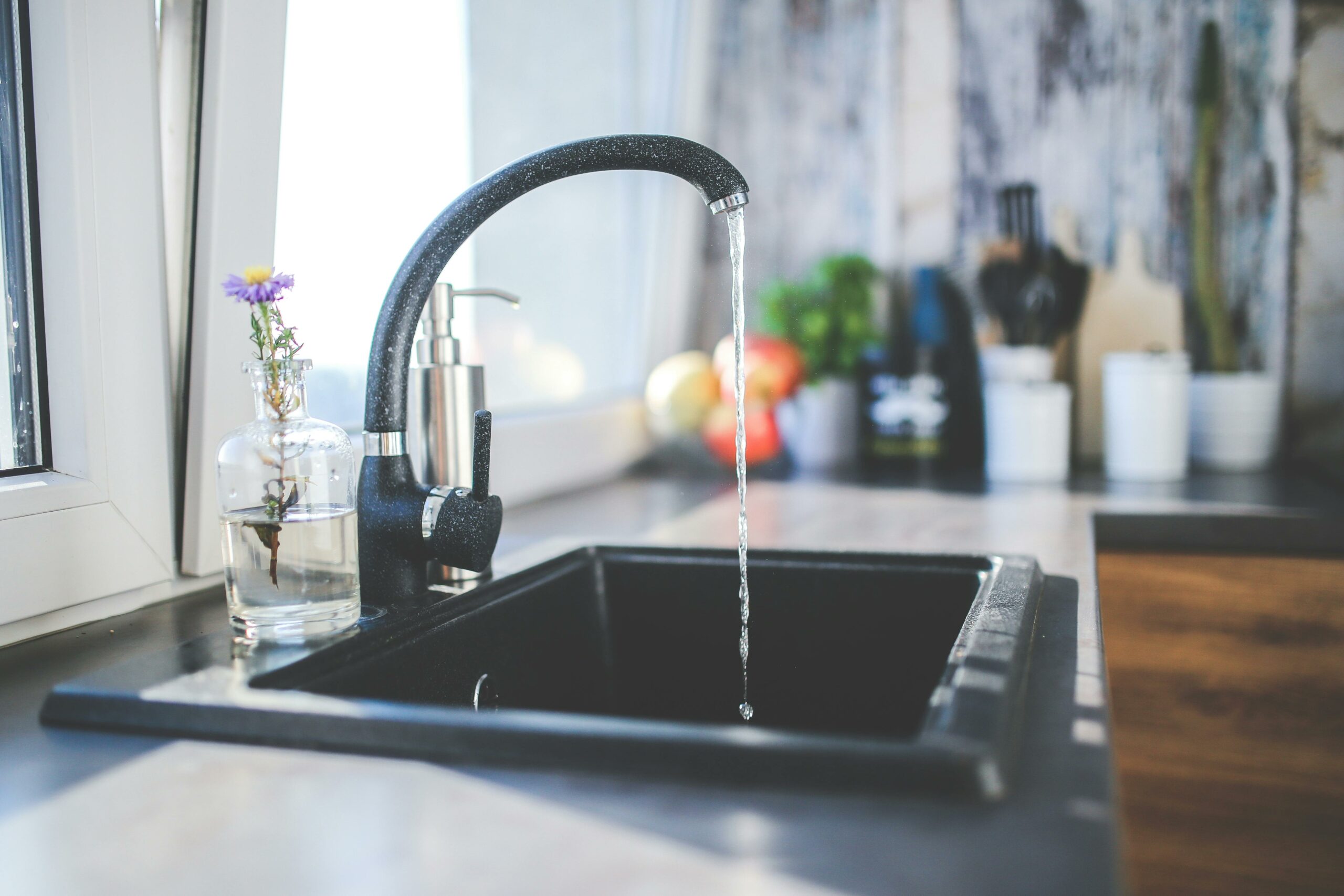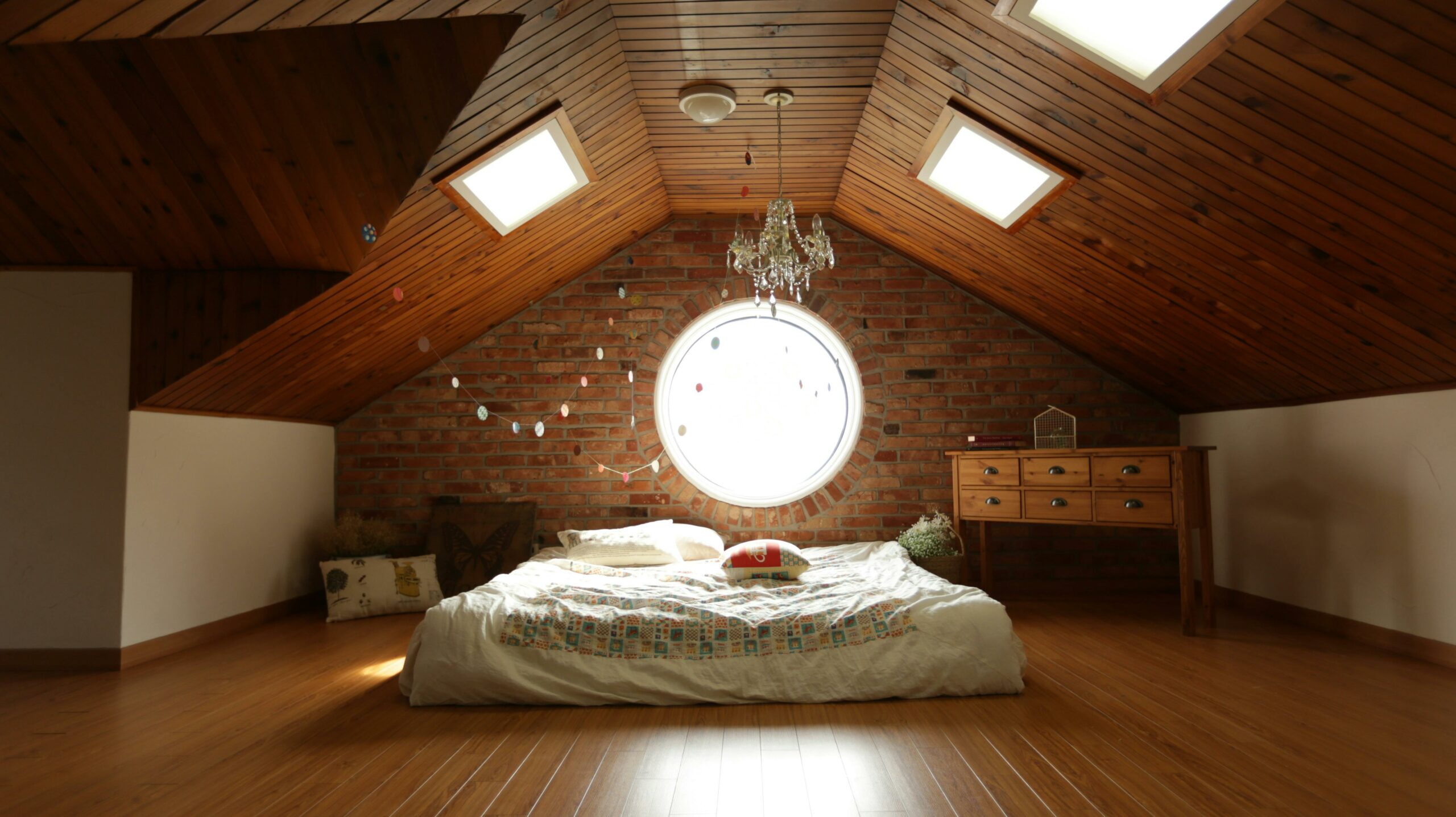Teas are like comfort drinks that help to calm you down on a stressful day. But do you know there are a few teas that help you sleep well too?
They are called Bedtime tea, which are herbal teas made with a blend of ingredients that help calm your nerves.
These teas can be especially beneficial for people who have trouble falling asleep.
Infact, some bedtime teas contain ingredients that may help ease anxiety to promote relaxation as well.
Getting a good workout on an incline elliptical machine everyday can also have a relaxing effect on your body.
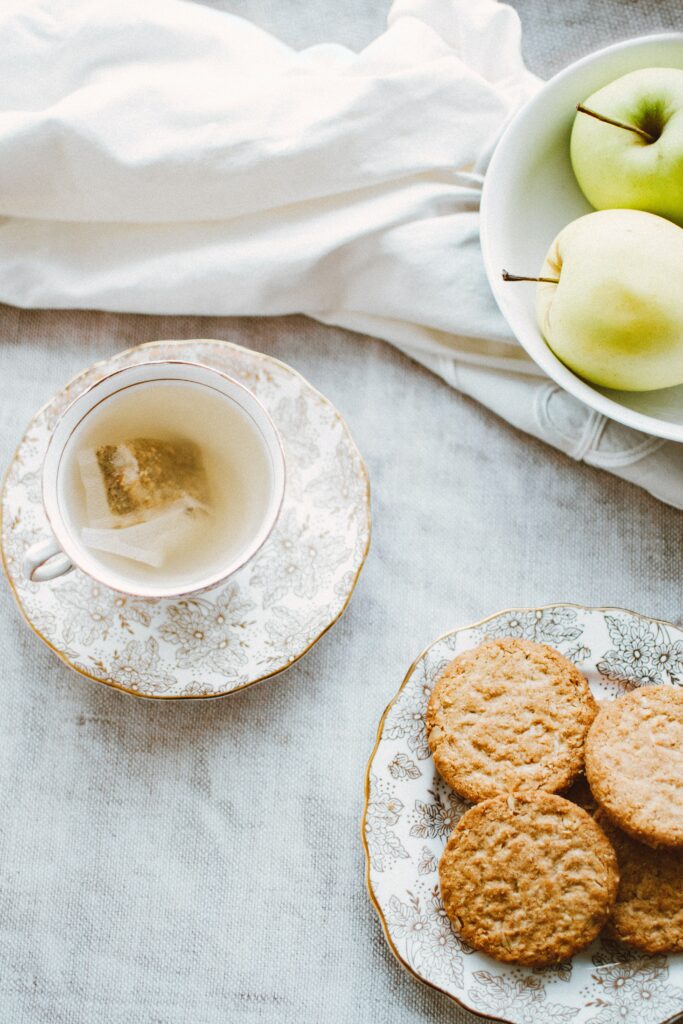
Let’s Look at Which Teas Help You Relax and Sleep Well
Chamomile Tea
Chamomile is an ancient medicinal herb. Traditionally, chamomile preparations such as tea have been used to treat insomnia and induce calming effects like sedation.
Though research is limited, chamomile has been known to improve sleep quality.
For example, a study of older adults who consumed chamomile tea reported better sleep quality than those who did not.
Lavender Tea
Lavender tea is prepared by brewing the purple buds with hot water. Unfortunately, only a few people know they can drink lavender as a tea to help relax before wrapping up for the day. This tea is thought to calm nerves and leads to better sleep.
In one study, those drinking lavender tea reportedly felt less fatigued than the ones who did not consume it.
A recent study done in 2020 suggests that the consumption of lavender herbal tea can reduce depression and anxiety scores.
Since consuming lavender tea is inexpensive, it is suggested to be used in conjunction with the treatment for reducing anxiety and depression.
Valerian Root
Valerian root has mild sedative properties. People can use it as a sleep aid to treat anxiety. It treats issues that impact sleep, such as stress, nervousness, headaches, and heart palpitations. However, valerian root is reported to have an odour and an earthy taste that may be unpleasant for some.
A study reported that nearly 90% of people had improved sleep after drinking valerian tea and study showed no severe adverse effects in people consuming it. In conclusion, valerian tea could be a safe and effective herb to promote sleep.
Lemon Balm
Lemon balm belongs to the mint family. It smells slightly citrus-like and sweet. The most common lemon balm forms available are tea and essential oil.
Since ancient times, lemon balm has been used to treat infections and viruses. But it has also shown the potential to help in a good night’s sleep.
Consuming lemon balm tea at night may help to reduce the symptoms associated with insomnia. Other benefits would be to help reduce anxiety and depression.
In a study comparing the effects of lemon balm to a traditional antidepressant, the participants who took 500 milligrams of lemon balm extract reported having an improved quality of life scores compared to those who did not.
Passionflower
Like chamomile, passionflower contains certain flavonoids that help reduce anxiety symptoms. Studies have suggested drinking a single cup of passionflower tea can help you sleep better. Researchers have even found that combined with valerian, it is as effective in providing short-term insomnia relief as traditional sleep-inducing medications.
A 2020 review study suggests that the administration of passionflower preparations showed a noticeable reduction in anxiety levels.
Magnolia Bark
Magnolia bark has been traditionally used in Chinese and Japanese medicines for the treatment of anxiety, asthma, depression, gastrointestinal disorders, and headache.
It has been known to reduce the time it takes to fall asleep. Since the tea is made from the bark of the magnolia tree, it may have an unpleasant taste to some.
Low-Caffeine Green Tea
A natural water process decaffeinates green tea. It retains over 95 per cent of its antioxidant components, thus providing all the same health benefits without the caffeine kick.
The lack of caffeine in decaffeinated green tea will prevent your blood vessels from contracting. At the same time, catechins and polyphenols can still work to improve your metabolism and heart health.
A recent study proved that consuming low-caffeine green tea helped reduce fatigue and stress and improved sleep quality in those who consumed it.
Therefore, reducing caffeine is a valid reason for enhancing the anti-stress effects of green tea.
Conclusion
The teas made with these herbs affect specific neurotransmitters, which help improve sleep quality and decrease stress and anxiety, thus helping you to fall asleep faster. Infact, there are meagre talks around fenugreek seeds tea also helping to improve sleep by reducing anxiety and dizziness. However, this claim needs more clarity.

